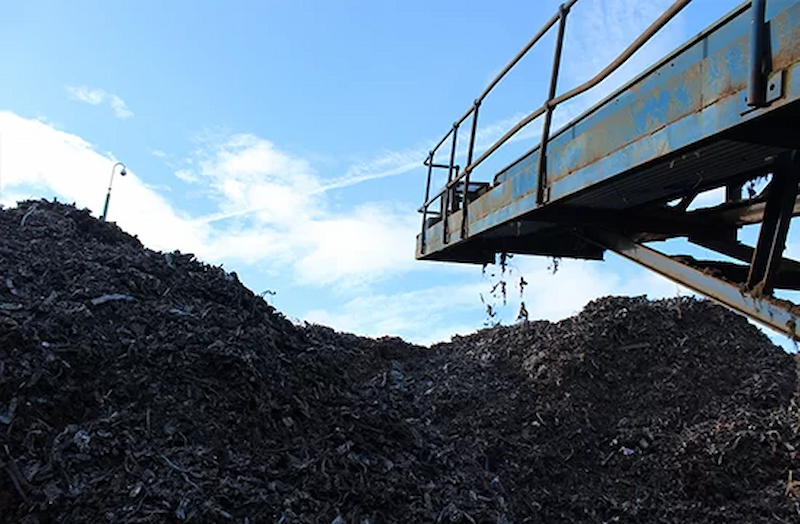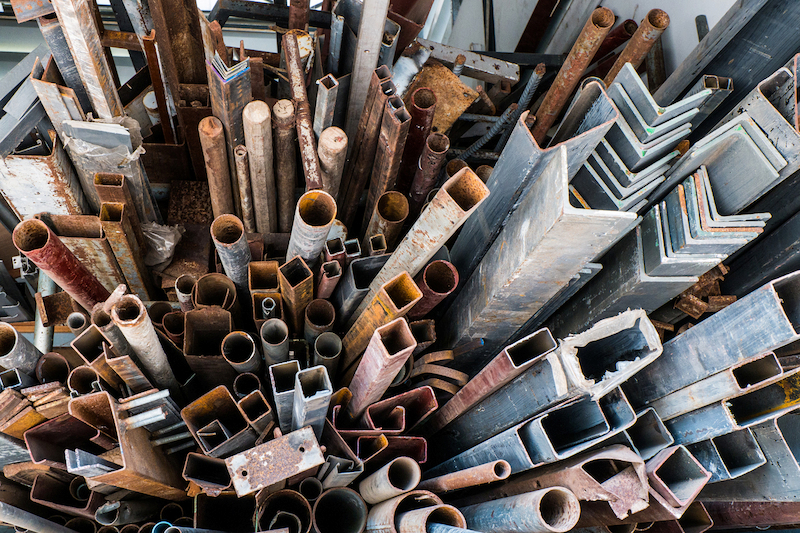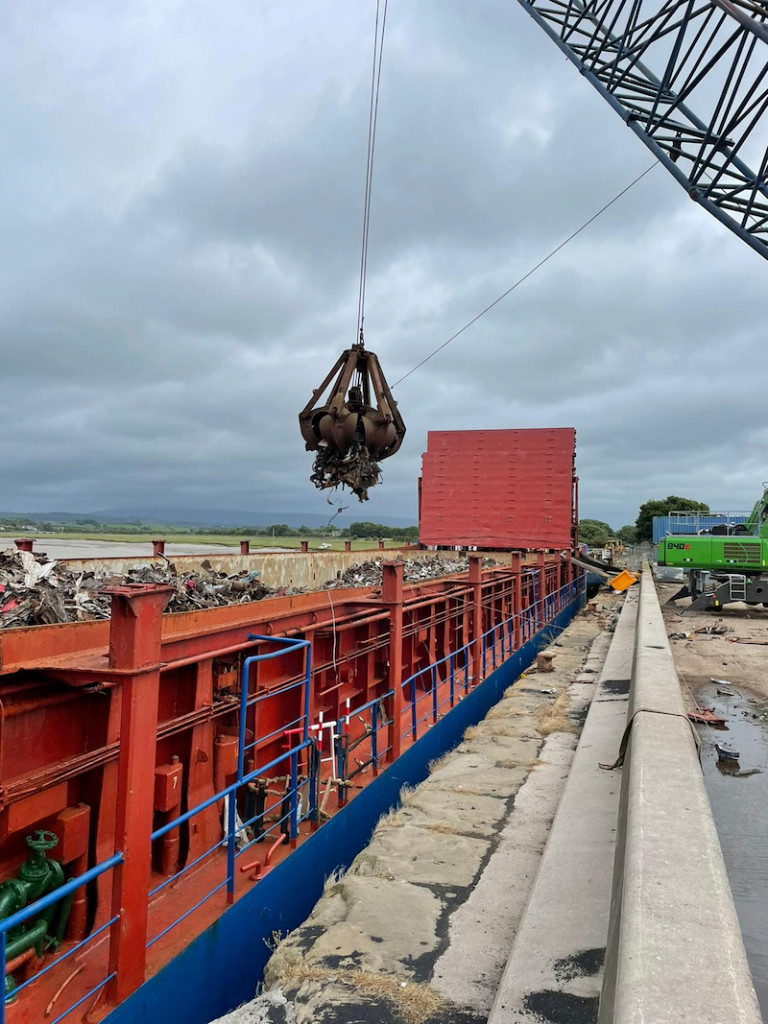The scrap metal industry is an imperative component of many manufacturing, construction, and even electrical sectors. Much of the materials used within these industries are recycled from scrap metal at recycling facilities like ours at Morecambe Metals.
As a scrap metal buyer, we try to offer our best prices possible, but we see a fluctuation in prices, sometimes week by week, which affects the price we buy your commercial scrap metal for. Once we have administered the metal through our scrap metal processing, we are governed by the prices we can sell scrap metal for various reasons.
The Amount of Scrap Metal
One of the primary constraints to the price of scrap metal is how much of the material you can offer. Whilst we can process 2000 tonnes with our ferrous metal recycling per week, we must be able to provide large quantities of the same type of metal. Using our Eddy Current Separator, we can distinguish collections of ferrous or non-ferrous materials, allowing us to segregate the metals further into the construct of the material, for example, tool steel, stainless steel etc.
Having large quantities of each scrap metal allows us to get a better price from metal melting agencies as it offers us a better negotiation for bulk amounts, which is much more useful than individual pieces. It reduces transportation costs and is more convenient for the plants, which will melt the metal down and create other uses. Therefore, having bulk amounts of scrap metal will always provide you with better prices.
Quality of Scrap Metal
When approaching the quality of metal, there are two factors to consider; the contamination and corrosion of the metal and the purity of the metal. When it comes to contamination and rust, scrap metal is often not as valuable because of the process required to clean the material. Contamination can happen for various reasons; it could have been used to store fuel or oil, or it could have been coated with chemicals or insulation for its intended use. This makes it less valuable than metal which is already cleaned and ready for reuse.
The purity of metal also plays an essential factor in scrap metal prices. The purer a material is, the better chance of a higher value. Iron, for example, has a higher value within the industry than an alloy such as carbon steel. Other pure metals with more value include copper, gold and silver.
Global Supply and Demand
A significant contribution to the fluctuation of scrap metal prices is the global demand for the material. If there is plenty of supply and low demand, the value of metal will be lower than other materials in low supply but required more throughout industries. One of the biggest worries of this generation is the depletion of raw materials such as lead which is predicted to run out by the year 2030. This makes the demand for recycled lead extremely high, pushing up the prices for re-usable products. In addition, recycling these products helps preserve the raw materials, prevents further mining and uses much less energy. Thus, using commercial metal recycling services generates money for your business and contributes to protecting the environment.
Location of the Seller
Transportation can be a costly expense, and whilst we process scrap metal for recycling, we do not complete the process of melting into re-usable material, which means we must ship it to where it is needed. Much like you would expect to pay for the weight of a stamped letter, we will pay more for transporting large amounts of metal. This cost has to be considered when buying and selling metal, and the further the scrap metal is required to travel, the fewer profit margins you can obtain, pushing the price of the metal down to recoup those costs.
Market Prices of New Material
Whilst the goal is to prevent the use of raw materials, if they are cheaper to produce, there is a risk that they will be used instead of recycled materials. To make scrap metal more appealing to manufacturers and construction industries, the price has to be appealing too. Unfortunately, this impacts the sellers of scrap metal and recycling facilities by regulating the price they can sell it.
Whilst we offer competitive prices for our metals, we are also regulated by the London Market Exchange, which allows us the ability to trade globally, but also comes with some restrictions when it comes to the price at which we buy and sell metal goods to promote a fair and equal market.
We have a team of staff here at Morecambe Metals trained to understand the fluctuations and status of scrap metal in the industry and provide customers with the best price for their value of commercial metal, including end of life vehicle recycling. For skip hire or more information on how we can buy your scrap metal, feel free to enquire online.




